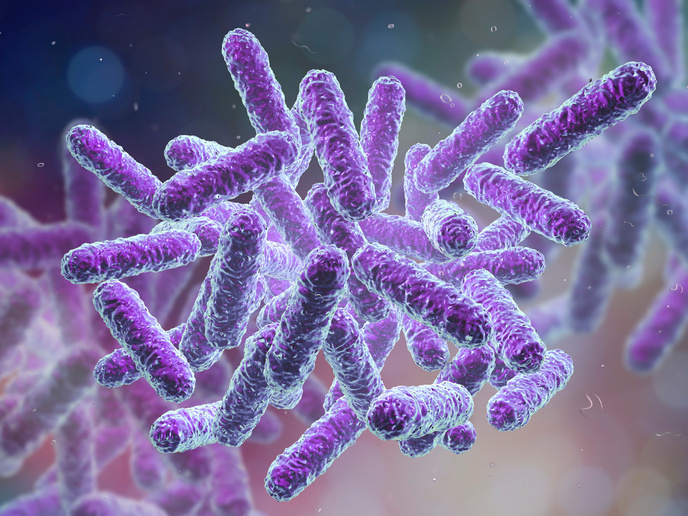Microbiome innovations for sustainable food systems
The collection of all microorganisms such as bacteria, fungi and viruses – known as the microbiome – influence our well-being, shaping everything from digestion to immune responses. Microbiomes also exist throughout all agri-food systems. Understanding these microorganisms and their intricate interactions with each other and their environments is pivotal for ensuring safer and more sustainable food production.
Coherent procedures for microbiome mapping
The EU-funded MASTER project focused on deciphering the intricate relationships between microbiomes across interconnected food systems like marine, plant, soil, rumen and food. “Employing microbiome-based DNA sequencing technologies, the primary objective was to engineer enhance the quality, sustainability and health promoting capacity of agri-food chains and foods, and generated feeds,” explains project coordinator Paul Cotter. In order to achieve this, and to ensure coherent analysis of microbiomes and maintain comparability across the food chain, the consortium standardised sample collection, preservation and storage procedures. The development of standard operating procedures across all steps of the analysis pipeline minimised potential error, avoiding biases and data misinterpretation.
New tech
More specifically, MASTER developed a new protocol and associated DNA extraction kit to assist efficient sampling for DNA based analysis of microbiomes, even in instances where this is challenging due to the numbers of microorganisms present being low. Importantly, the application of this protocol to thousands of samples from different food processing environments led to the creation of the CuratedFoodMetagenomic database, an invaluable resource that can be used by industry to accurately detect microorganisms present in foods. These tools can be used in combination with a portable and rapid DNA sequencing tool to detect problematic microorganisms.
Improving food and feed production
Recognising the pivotal role of plant microbiomes in bolstering plant defence mechanisms against pathogens and fostering plant growth, scientists developed microbial strains to combat fungal pathogens in crops like maize and biofertilisers to augment the quality of grass. In aquaculture, microbiome-based solutions, including probiotic and biopreservative strains, showed promising results in enhancing fish growth and fillet quality. MASTER also delved into the microbiome of ruminants like cows, sheep, and goats. This microbiome is of key importance as, depending on its composition, it can impact the extent to which protein and other nutrients can be extracted from animal feed, and also contributes to greenhouse gas emissions (mainly methane). “Modulating the ruminant microbiome may reduce the environmental impact and also lead to sustainable and better-quality meat and dairy products,” states Cotter.
Tackling food waste and beyond
Global food waste, which accounts for nearly a third of total food production, was addressed through food processing technology to convert waste into beneficial ingredients. Researchers also investigated fermentation as a natural preservation method. “Fermented foods, rich in beneficial bacteria, enhance food quality, safety, digestion and offer health benefits,” explains Cotter. A comprehensive study of several fermented foods opens the door for new foods that are optimised with respect to these attributes. Cotter highlights: “Over twenty innovations have stemmed from MASTER, each identified for their immense potential.” Moving forward, the MASTER consortium will continue research across new EU projects, such as DOMINO and HoloRuminant, ensuring sustained progress and continued advancements in these pivotal areas.
Keywords
MASTER, microbiome, plant, food waste, DNA sequencing technologies, ruminant, fermentation, aquaculture

